We Had it So Good is a novel that has several main characters, but is focused on Stephen, an American who comes as a postgraduate student to Oxford in the Sixties. There he meets his future wife, Andrea, and her friends Grace and Ivan, and although he is scientifically-minded, he joins their hippie group and even starts to use his skills to manufacture LSD. It all goes well until he gets sent down (that’s Oxbridge for ‘expelled’) for tearing a page out of a library book, and is conscripted into the US army. Luckily for Stephen, Andrea is willing to marry him so that he can stay in the UK and avoid the draft, and so the novel follows this quartet as they grow up and move through life, finding careers, having children, and dealing with their family histories. Stephen and Ivan seem to find life the easiest, with families that are happy to look after them, whereas psychotherapist Andrea is trying to move on from her difficult childhood, and the glamorous, self-centred Grace is attempting to run away from her own past. The novel also features Marianne and Max, Stephen and Andrea’s children, as they begin adulthood in the present day.
I really enjoyed reading We Had It So Good. The characters were very interesting and believable, and although I found Stephen to be the least fascinating, I still thought he worked well as a focal point, with his family history playing such an important part in the way he sees the world. I thought that this novel had the right balance of description, emotion, and dialogue. Although the pace is slow, it works well with the style. The is not a novel with a gripping plot, there are some mysteries about the characters for us to chase through the pages, but on the whole the quality of the writing, and the themes of the novel, were what kept me interested. This is a portrait of a generation of the middle class (lots of reviewers just call We Had It So Good a portrait of a generation, but I have to point out that it’s a generation of the middle class, working-class experiences were different) that was full of contradictions. They start off their adult lives embracing counterculture, but end up almost defining convention, as middle-class clichés. They were lucky, but not grateful. They felt guilty about their children’s problems, but didn’t do anything much about them, perhaps considering them as inevitable as their own good fortune. I found it quite annoying that Stephen lacks ambition, expecting good things to just come to him, and doesn’t really make his own ‘big’ choices. His life is arranged at the start by his father, and later, his wife. It’s not that they control him, far from it, but that he lets them solve his problems, and ultimately design his life. Although she is an irresponsible, overly self-assured person, I actually had more respect for Grace because of this. I’m not sure whether this is exactly what the author intended, or if it’s just me being young and idealistic! I suspect it may be a combination of the two!
I only have one real criticism. The story is told in slightly-disconnected scenes, which is a very concise method of storytelling, but I didn’t really feel like I had a full sense of what family life was like for any of the characters. Stephen’s story pretty much begins when he leaves home to go to Oxford, and Marianne and Max don’t get much childhood in the novel, just a couple of scenes. This may just be a matter of personal taste, but I like to see how characters interact, and learn how they feel about each other that way. They all have definite opinions of each other – Stephen can barely stand Grace, Grace can barely stand everyone else, Marianne is afraid that her mother will make her analyse things she believes just are, Max finds his father too loud – and you do get to see Stephen and Grace’s irritation in action, but not very much of Marianne negotiating conversations with her mother, or Max enduring his father’s loudness. My favourite scenes were those that involved interactions between Stephen and his father, Si. I liked that Si was even more straightforward than Stephen felt himself to be, and that this made Stephen feel and act slightly awkward around him. I would have liked to know more about Stephen’s mother and his sisters, but to be fair, Stephen is on the other side of the Atlantic to them for most of the novel.
A much more minor thing that bothered me was the repetitive reminders of certain things. I hadn’t forgotten that Stephen had tried on Marilyn Monroe’s mink stole as a child 100 pages, or even 200 pages later. I hadn’t forgotten that Andrea had only ever gone to bed with Stephen either, yet that fact was repeated over and over as well. I guess that I was supposed to feel that these things were playing on the characters’ minds but the reminders weren’t accompanied by much in the way of contemplation.
We Had It So Good was the first title to be selected for the new Virago Book Club, and I received a copy to review through the First Look programme. If I’d never heard of Linda Grant, and was looking at bookshop or library shelves to choose something to read, I wouldn’t normally be interested enough in the subject matter and time period to take it home. However, I have read good reviews of some of Linda Grant’s other books, and I have a copy of The Clothes on Their Backs on my TBR, so I probably would have read We Had It So Good eventually. I am glad to have been sent a copy to review as I got to read it much sooner!




